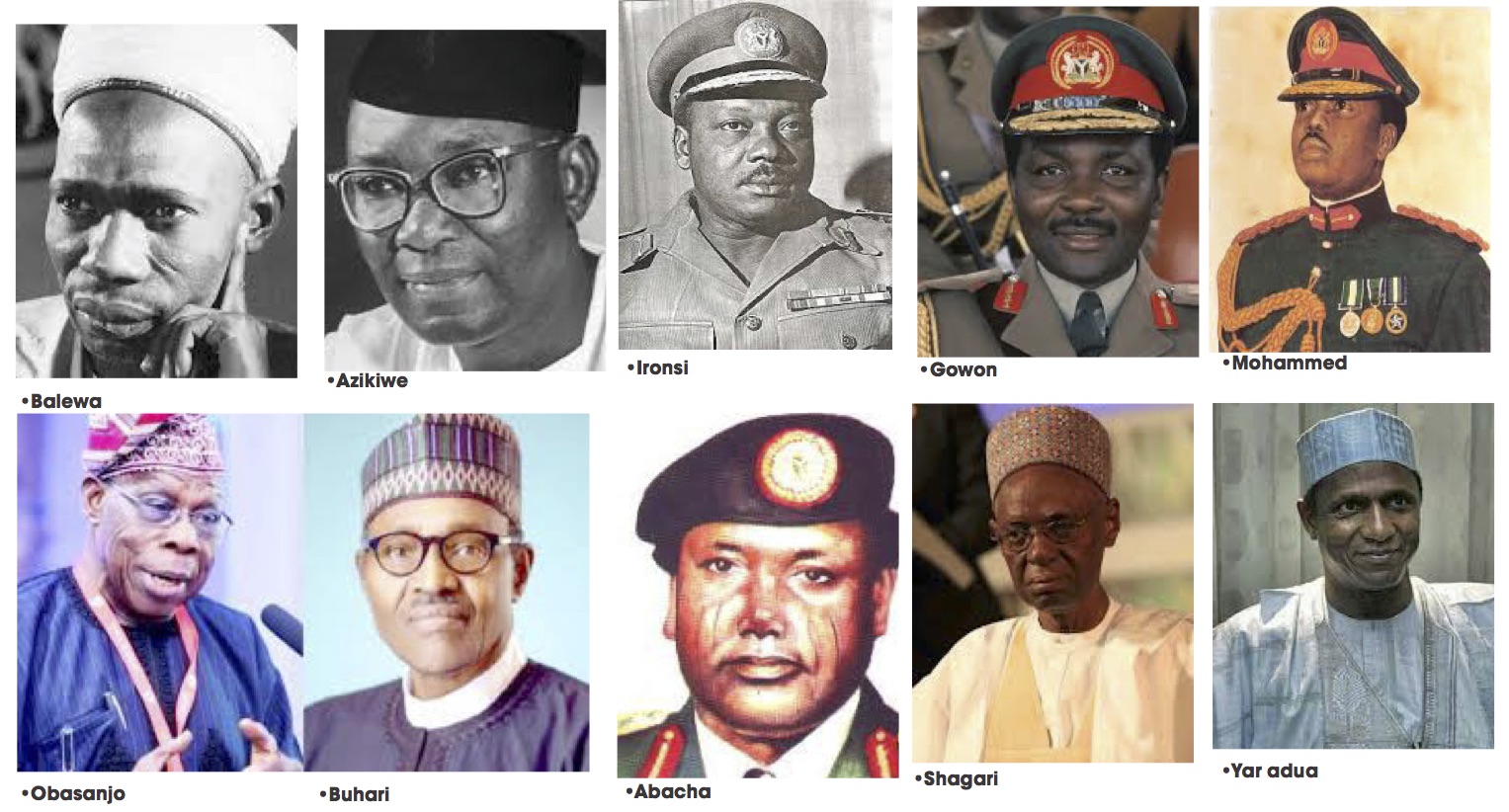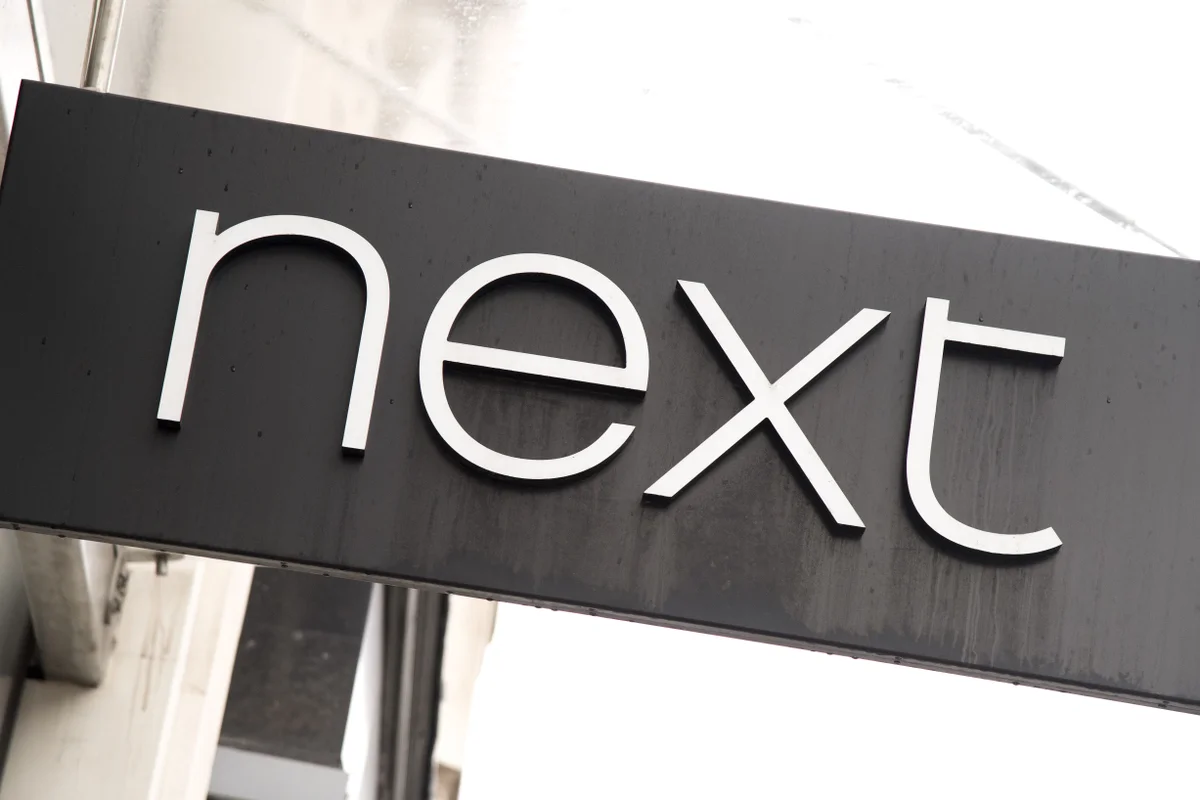By Ismail Omipidan,Rapheal
Copyright thesun

By Ismail Omipidan
Sixty-five years is a significant milestone in the life of any nation, and Nigeria is no exception. Over the decades, the country has weathered daunting challenges — from surviving the civil war, different military coups, terrorism, Ebola and COVID-19 pandemics to withstanding repeated attempts at breaking up.
After the initial setback of military interventions, Nigerians have since 1999 remained committed to the mechanics of democracy, though many still insist that the political atmosphere is far from ideal.
Those who hold this view often draw comparisons with the Second Republic (1979–1983), a period marked by strong party leadership, when even the president of the country at the time deferred to the authority of the ruling party’s chairman, the late Alhaji Adisa Akinloye.
Today, the story appears different. The ruling party chairman is now at the beck and call of the president. Analysts trace the bastardisation of strong party leadership to former President Olusegun Obasanjo, who entrenched the idea within the Peoples Democratic Party (PDP) that a sitting president should serve as the overall leader of the party, while governors should be party leaders in their respective states. And in states where the party has no governor, the highest-ranking political office holder assumes that role. This trend, investigations reveal, has continued under the All Progressives Congress (APC) as the ruling party.
Before 1999, no one ever thought Nigerians would ever be willing to offer themselves as suicide bombers. Yet this grim reality emerged in the democratic era.
Boko Haram originally identified itself with the radical name “The Taliban.” Until much later, the group was not known as Boko Haram (literally translated as “Western education is a sin”), though it openly opposed Western education and forbade its members from working in any government establishment. The label “Boko Haram” is believed to have been coined by the public in response to the group’s opposition to western education and ideology.
The group, which initially also drew membership from the Yoruba speaking Nigerians arrived Yobe State during the build-up to the 2003 elections, in the wake of Sharia implementation in the North. The group first struck in Yobe State on December 22, 2003. It struck again on December 31, 2003, in Yobe State, on its way to Borno State, when it engaged in a gun duel with military personnel, a situation that left two of its members dead.The group’s initial abode was Burkarti, in Bursari Council of Yobe State before leaving for Kanamma, a border town between Nigeria and Niger. Kanamma is the headquarters of Yunusari Council, also in Yobe State. It is also not far from Gaidam Local Government, where the leader of the group, the late Mohammed Yusuf, hailed from.
Their first strike in Borno State was recorded on Tuesday, September 21, 2004, when they invaded Bama and Gwoza, where the Area Commander-in-Charge of Bama, Assistant Commissioner of Police (ACP) Ismail Sirajo, was brutally murdered. And after four days of battle with a combined team of army and mobile policemen, the group was subdued, with about 40 of its members killed.
A year later, the late Yusuf, leader of the group resurfaced in Maiduguri in Bayan Quarters, where members often converged. In one of the encounters with Ustaz Yusuf in 2005, shortly after one of his arrests, he confessed to this writer that he had since severed his relationship with the Taliban group because of its ‘extremist’ tendencies. He was, however, quick to emphasise that his movement would not relent until an “independent and just state, devoid of anything haram (ungodly),” was established.
By 2005, Boko Haram had firmly regrouped under Yusuf’s leadership. From that point, the insurgency began evolving into a national menace and attracting global attention, producing notorious figures such as Abubakar Shekau, Mamman Nur, and Albarnawi.
At the time, the Nigerian government moved against the sect. But Boko Haram refused to be subdued. Instead, it grew in both strength and audacity, extending its reach beyond Nigeria’s borders. By June 16, 2011, the nation witnessed its first suicide bombing incident, a devastating attack carried out by 35-year-old Mohammed Manga at the Police Headquarters in Abuja.
Although the attack missed its prime target, the then Inspector-General of Police (IGP), Hafiz Ringim, who had boasted in Maiduguri that the days of Boko Haram were numbered, it sent a strong signal to the Nigerian government.
The group shocked the world on April 14, 2014, when it attacked Chibok in Borno State and abducted 276 schoolgirls. That incident marked a turning point, as kidnappings for ransom gradually took centre stage in Nigeria’s insecurity landscape.
In the last 10 years, while the government appears to have weakened Boko Haram’s hold, armed banditry has suddenly emerged as another menace. Yet, some Nigerians believe that some of the country’s security challenges are politically induced.
Markus Gundiri is a politician from Adamawa State. He ventured into politics and eventually ran for the governorship seat of Adamawa State in 2011 on the platform of Action Congress of Nigeria (ACN), but lost to the then ruling People’s Democratic Party (PDP).
Again, in 2015, he contested the governorship position on the platform of the Social Democratic Party (SDP), and also lost. He is currently a card carrying member of the All Progressive Congress (APC). He told Daily Sun in an interview that politicians were behind the country’s security challenges, citing his personal experience to drive home the point.
Hear him: “Frankly speaking, politicians created insecurity in Northern Nigeria. When I contested an election, there was a time about 20 trucks brought people into a single community, without women, children, or cattle. What would you call that? They could not speak the local language, nor any of the languages spoken in the state. We had to send some journalists to investigate, and lo and behold, they found these people brandishing weapons and AK-47 guns. one of the journalists was able to generate a speech in French and they told him they were brought in to help a particular candidate to win election.”
He is not alone. Sources in Benue State also believed that the current wave of killings in the state is politically motivated.
“Security wise, the monster of insecurity was created by politicians from Sankera decades ago during the Suswam era. Cultists and militias were recruited and empowered for political gains by different political interests in Sankera to help them control power. The boys have gone beyond control and it will not be correct to blame Alia or any Governor.
“Just the way insecurity was put to an end through civilian JTF in Maiduguri, the solution to insecurity in Sankera lies in the Sankera People. Close to 10 police officers were killed in Sankera on the 19th of this month (September) in an ambush. Traditional rulers, families and businessmen from Sankera can put an end to the evil happening in Sankera if they are committed,” one of the sources told Daily Sun.
One novel idea that has been introduced into the country’s political lexicon and which has helped to create some sense of political stability in the polity is zoning, which allows for power rotation at the centre between the North and the South.
Although some have been calling for the jettisoning of the zoning arrangement, others, including the late Chief Audu Ogbeh think otherwise.
According to him “this whole business of no zoning is a political fallacy that can’t work in Nigeria. The democratic system of Nigeria as it is today cannot function without certain sensitivity to the interests of sections of the society. We are Africans; we are very sentimental people and highly emotional. That’s what we are.”
The late Benue-born politician who was a former national chairman of a ruling party, the PDP, before defecting to the APC, also drew experiences from other climes to support his argument on zoning.
He said “Even in more advanced democracies, when John Kennedy was President of the US, he came from Massachusetts, his Vice President, Lyndon Johnson came from Texas. Richard Nixon came from California, his Vice President came from North Carolina, Barack Obama comes from Chicago Illinois or is it the Island of Hawaii, where did he pick Joe Biden from? The East Coast. One can go on and on. They have this sensitivity, they may not say so but there is the need to move this thing around a bit. It’s always happening.
“When it suits us, we say zoning is nonsense, let’s get the best. Is it true? You have to zone. Are you going to have a President in Nigeria some day from the South-West, Vice President South-West, Senate President South West and Nigerians will accept it? Or the North brings President, Vice President, Speaker, Majority Leader and people will accept it? You can’t do that. Or the East produces President, Vice President…? It’s not feasible. The point is that something got a little weak within the party structure that allowed this situation to come about and we should learn from it.
[“I only want to advise the PDP not to celebrate too early because I hear them making comments. Even yesterday, I heard them saying something about us making excuses. But by the time we start explaining to Nigerians why the treasury is almost empty, many of them will be in tears; because they caused it,” the late Ogbeh had said.



